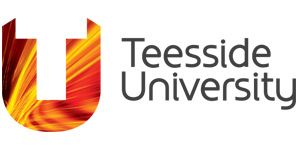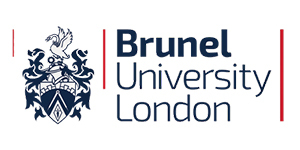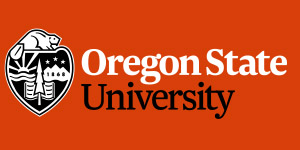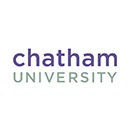Programme Type: Undergraduate
Course Overview
In RIT’s supply chain management degree you'll learn to manage the flow of goods and services around the world by understanding the logistics, planning, inventory demands, transportation, and execution behind moving products from farms and production facilities to their final destinations in warehouses and stores.
What is Supply Chain Management?
It’s not often a supply chain gets interrupted to the point where consumers cannot find the products they need. But when it does, people notice.
When Covid-19 created panicked buying at grocery stores around the country, suddenly consumers couldn’t find toilet paper, paper towels, canned soup, tuna, rice, or cleaning products. And, as a result of those empty grocery store shelves, we all came to understand the importance of supply chain management in our every day lives.
What is a supply chain? It’s a complex and interconnected system that begins with business strategists forecasting or predicting consumer demand for goods and ends with products available for consumers to purchase. In between is a complex web of purchasers and negotiators managing raw materials and suppliers, information systems that manage inventory and data, transportation systems that move and distribute materials and goods between warehouses and retail operations, and retail stores stacking shelves and selling products to you, the consumer.
Supply chain optimization occurs when you manage this intricate, expansive network of suppliers, producers, vendors, warehouses, transportation networks, logistical partners, and retailers. This is the focus of the supply chain manager, the supply chain analyst, and other professionals in the field that deal with the wide range of responsibilities that keep the global supply chain humming along. Gaining the expertise you need to build a career in this dynamic field comes from a degree in supply chain management.
Coordinating and managing all of the organizations and suppliers involved in the activities that move products to the right places and the right times is the goal of supply chain management. More than ever, technology is driving supply chain processes and strategies to help give companies a competitive edge.
Entry Requirement
Admission Requirements:
The admission process, requirements, and guidelines are the same for all undergraduate students. As an international student, you will also be required to demonstrate English language proficiency, and RIT will consider students at all levels of English language proficiency for admission.
You should apply for undergraduate admission to be considered for these options:
- Full university admission: If you meet English language proficiency standards, you will be considered for admission to the academic degree program you choose.
- Conditional university admission: If you do not meet English language proficiency standards you will be considered for admission, and will need to complete additional courses through RIT’s English Language Center in addition to their academic degree program.
|
Test Type |
Minimum Score for Full Admission |
Score for Conditional Admission |
|---|---|---|
|
Internet Based TOEFL (iBT) |
79 |
78 or lower |
|
PTE Academic |
58 |
57 or lower |
|
IELTS |
6.5 |
6.0 or lower |
Freshman Admission
For all bachelor’s degree programs, a strong performance in a college preparatory program is expected. Generally, this includes 4 years of English, 3-4 years of mathematics, 2-3 years of science, and 3 years of social studies and/or history.
Specific math and science requirements and other recommendations
3 years of math required; pre-calculus recommended
Fees
Full-time Tuition (12-18 credit hours)
Per Semester: $26015
Per Year: $52030
Total Estimated Cost of Attendance
Per Semester: $34638
Per Year: $69276
Part-Time Tuition Fees
The charge per credit hour is $1760. Multiply the number of credit hours by this amount to calculate your total.
This information was accurate on : 08/04/2021
Please contact us for more information about this courses





.jpg)

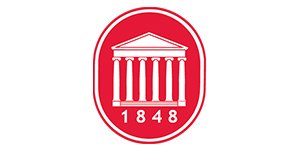
.jpg)
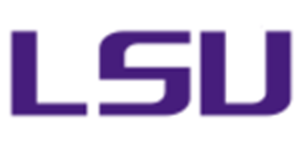
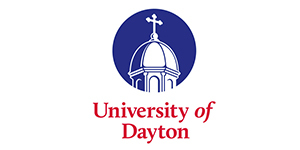
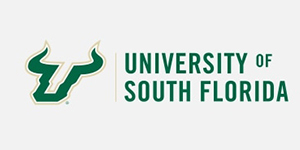
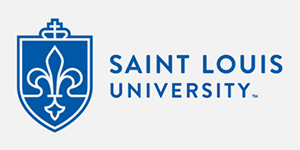
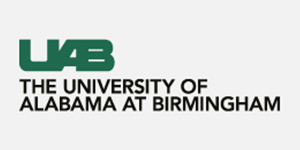
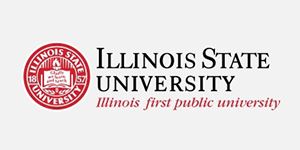
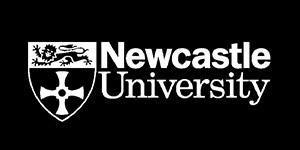

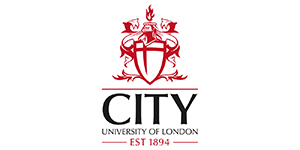


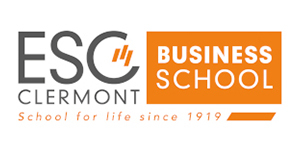
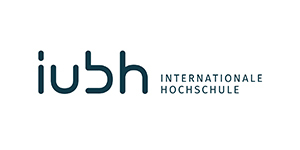

.jpg)




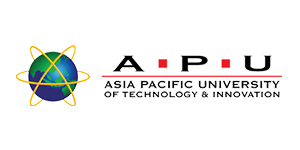
.jpg)

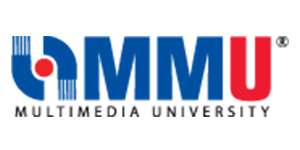


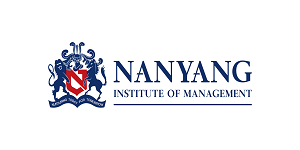
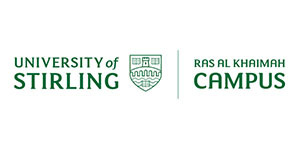
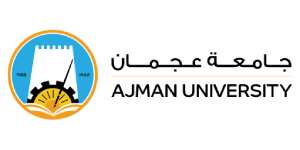
.jpg)
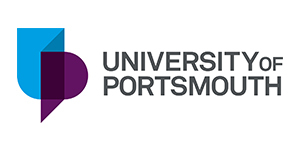
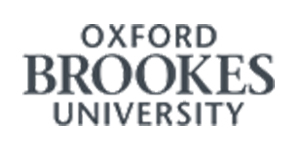
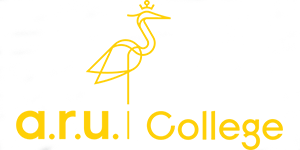
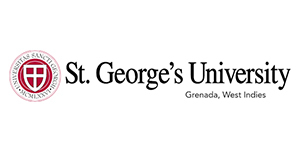



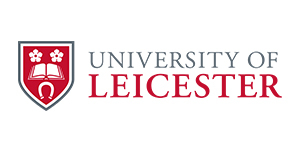

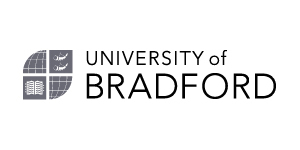
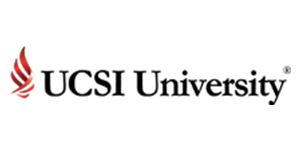
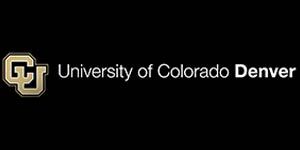



.jpg)




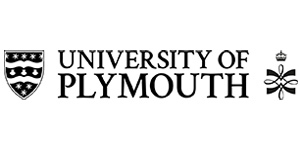
.jpg)
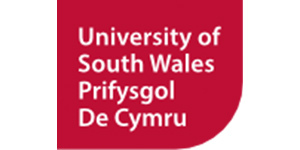

.jpg)

